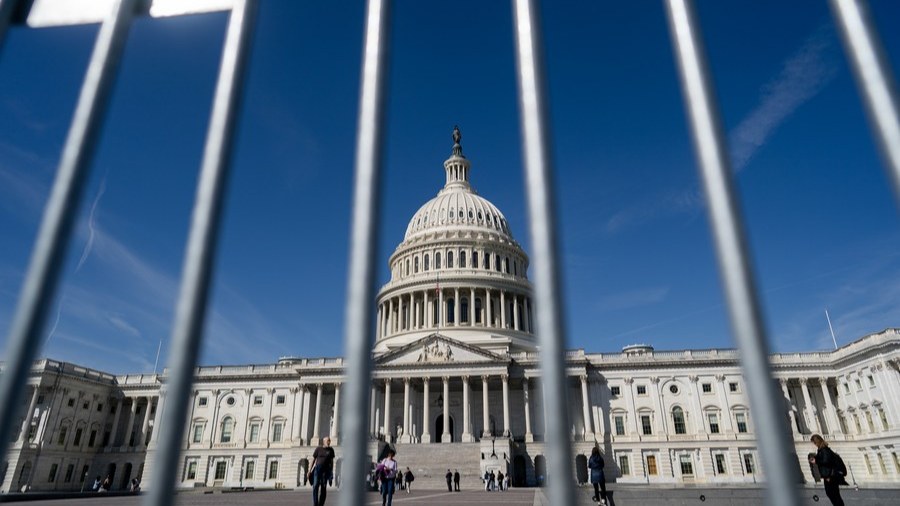
US President Joe Biden hosted Prime Minister Anthony Albanese of Australia, Prime Minister Narendra Modi of India and Prime Minister Fumio Kishida of Japan in Wilmington, Delaware, for the fourth Quad Leaders' Summit on Saturday.
The Biden administration went to great lengths to explain how the Quad has delivered on the priorities of its "Indo-Pacific" partners — ranging from addressing pandemics and disease and investing in critical and emerging technologies to strengthening their maritime domain awareness and maritime security — and how the Quad is meant to be a "global force for good". But that failed to disguise the Quad's role as a geopolitical tool of the US.
Although neither the joint statement of the four leaders nor the fact sheet of their summit issued by the White House mentions China at all, the country was mentioned at least 20 times in the half-hour news conference held by US National Security Advisor Jake Sullivan after the conclusion of the summit.
READ MORE: Beijing decries Quad for bloc confrontation
Although the US blames the rising tensions in the Asia-Pacific on China, all regional countries, including the other three members of the Quad, are well aware that the main cause is the US taking the initiative to try and implement a divide-and-rule strategy in the region by taking all possible means to sow discord between China and its neighbors.
In the process, Washington has realized that the Quad cannot glue the other three member countries to it nor appeal to other regional countries, as they all have close and comprehensive trade, economic and cultural connections with China. That explains why the Biden administration has taken the latest meeting of the Quad leaders as the opportunity to transform the Quad from just a security mechanism to a comprehensive one to "ensure its endurance for the long term".
The aim is to provide public goods and services to the Asia-Pacific to better counter China's influence. In the near future, the Quad is likely to be docked with the US' "Indo-Pacific Economic Framework for Prosperity". Replacing its dual security-economy model with a more integrated and comprehensive one is a significant change to the Biden administration's China-containment strategy in its last few months.
In so doing, the Biden administration is trying to replace the region's long-term game rules featuring mutual respect, noninterference, equity and win-win cooperation with its "value diplomacy", which can support its discourse of aggression on upholding the "rules-based order" and a "free and open 'Indo-Pacific'".
It is notable that the US is discarding its initial promise of generous funding support under the Quad framework. Now it is asking the other three countries to foot the bill for the US' China-containment strategy, with each Quad government committed to working through their respective budgetary processes "to secure robust funding for Quad priorities".
ALSO READ: India plays opportunistic game in US
That represents another big change in the funding rules for the US' China game, with the go-Dutch model of the Quad being transplanted to the IPEF. The change actually did not come as a surprise, as it happened shortly after the Federal Reserve cut interest rates by 50 basis points last week, indicating the Fed's judgment that the US' economy is showing signs of recession under its exorbitant national debt pressure.
When Biden hosted a NATO summit in Washington in July, it was aimed at demonstrating his leadership capabilities ahead of his reelection campaign. Having been forced to withdraw as presidential election candidate afterwards, as that summit only served to raise more doubts about his competence, the US president has sought to use the Quad summit to carry out some remedial measures to sustain his signature alliance-leveraged China-containment strategy as a hallmark diplomatic achievement of his time in office.
Yet the summit has failed to cover up the embarrassing truth that it is not China that has been isolated but the US under his administration.


